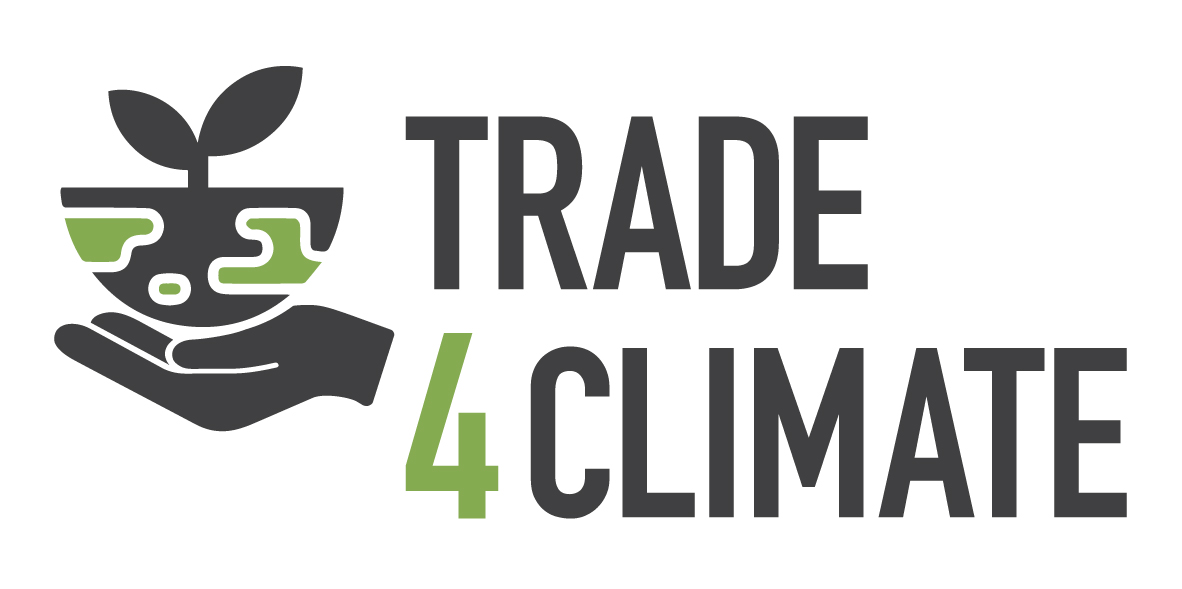BACKGROUND & OBJECTIVES
The expansion of international trade has an obvious impact on climate change, with the movement of goods and services across borders currently increasing pollution and degrading natural resources. [1]
At the same time, international trade has the potential to increase the capacity of countries to effectively improve the management their environmental impact through access to technologies. Technologies that can not only increase the efficiency of local production processes, reduce the use of virgin natural resources, and improve other environmental impacts in the global economy.
The right policy settings and the harmonisation of global standards can also incentivise exporters and shippers to adopt more environmentally responsible standards in order to access markets delivering a greater social and environmental responsibility in the production and movement of goods. This in turn would stimulate the use of cleaner production processes along their supply chains.
Equally important is the potential for changes in the environment to significantly impact on trading patterns, with climate change expected to result in more frequent extreme weather events, rising sea levels and decreased productivity (across labour, capital, and land), this will increase the vulnerability of global supply chains, disrupting trade routes and ultimately reducing production outputs and the overall volume of global trade.
Effective trade and environmental policies at national, regional, and multilateral levels can help to manage the impacts of trade on the environment and the impacts of the environment on trade. These are also necessary to enable countries to effectively adapt and respond to trade rules and measures implemented by international organisations and other countries in response to the challenge of climate change.
Potentially SMEs can also pose an integrity risk to global trade and supply chains. SMEs often create risk due to their lack of rigorous systems and processes to ensure minimum standards are met for integrity-related factors such as sustainability, ethical behaviour, and security.
Ensuring environmental integrity among suppliers and subcontractors is now increasingly seen as part of a global corporation’s responsibility. In addition, social and environmental integrity is increasingly seen as integral to businesses from the perspective of strategic advantage, efficiency, commercial agility, and brand and risk management. Conversely, the potential impact of reputational damage due to a social or environmental integrity issue somewhere across the value chain cannot be underestimated.
Despite the general awareness of the importance of these issues, the potential for failures and the corresponding impacts across the full value chain is not understood widely or in depth.
When Accenture surveyed more than 700 members of the United Nations Global Compact on sustainable business practices, 96% of CEOs agreed that sustainability should be integrated into all aspects of strategy and operations. And 88% of them singled out the value chain as an area of specific importance. Yet only 54% of those CEOs affirmed that they had actually achieved value chain sustainability, while other evidence strongly suggests that their suppliers are still serious sustainability laggards.
It is apparent that part of the problem in building sustainable value chains lies in not having recognized standards covering all aspects of sustainability to which all organisations can adhere.
The Trade4Climate action group established by the Institute of International Trade (IIT) and the Global Trade Professionals Alliance aims to address these capacity constraints. It will also support Australia to meet its commitment to enhance support for both trade policy and capacity-building actions through a combination of activities including research, roundtable workshops, advocacy, educational programs, and the development of online tools for business.
The Trade4Climate action group is designed to ultimately strengthen the capacity of Australian businesses to identify, evaluate the respond strategically to trade policies and measures implemented in response to climate change, whilst representing the needs and interests of SMEs in the Climate debate.
Furthermore, the activity is expected to strengthen bilateral and regional relationships with key partners throughout the Indo-Pacific through ongoing engagement between policy makers and the private sector.
1. https://www.oecd.org/trade/topics/trade-and-the-environment/

